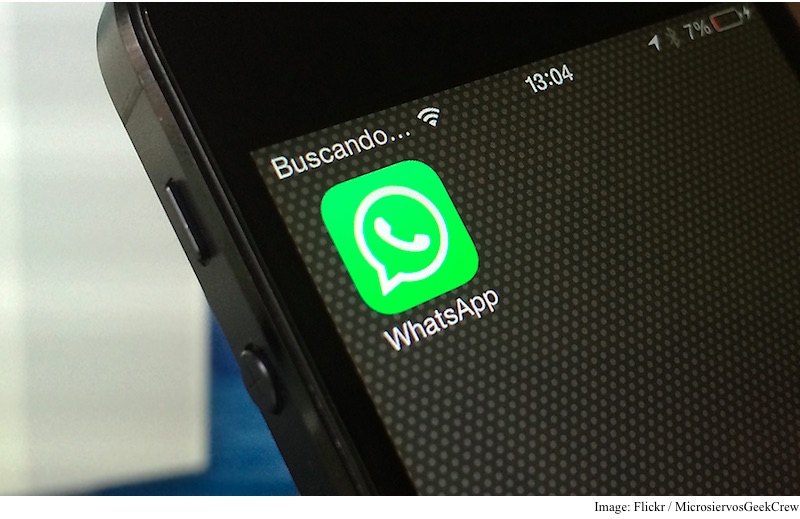- Home
- Internet
- Internet Features
- After WhatsApp Controversy, Draft National Encryption Policy Is Withdrawn: 10 Developments
After WhatsApp Controversy, Draft National Encryption Policy Is Withdrawn: 10 Developments

After massive public outcry, the government has withdrawn a draft proposal that would have drastically altered how WhatsApp and other communication services would operate. Here is your 10-point cheatsheet to this big story:
The proposal (for a National Encryption Policy) was released for public feedback without his knowledge, said IT Minister Ravi Shankar Prasad, acknowledging that it was poorly worded, and is being reworked.
The minister also clarified that any new rules will not impact individual users, and the government is committed to protecting and promoting the freedom of social media.
The original proposal said that apps and platforms would need to either register the sort of encryption service they use with the government, or sign up to use government-approved encryption services.
Remember, when you send a message on services like WhatsApp it is automatically coded or scrambled and then decoded for the recipient.
The proposal also said that all users and businesses would need to save their encrypted messages for 90 days, and make them available to the government on demand.
After NDTV broke the story on Monday, the government issued a clarification late at night, stressing that social media would not be regulated by a new National Encryption Policy.
The government also said new rules for unscrambling data would not apply to Internet banking and e-commerce.
Experts had flagged that the language of the draft proposal was loose enough to apply to apps and services like WhatsApp, which has over 70 million users in India, and iMessage.
For other categories, if the proposal had proposed platforms or services that don't register how they encrypt messages in India could be declared illegal.
In 2010, the UPA government said it would ban BBM (Blackberry Messenger Service) in India unless BlackBerry (then Research in Motion) gave security agencies access to snoop on emails. The two would eventually reach an arrangement that allows the government to intercept messages sent on Blackberry's platform.
Get your daily dose of tech news, reviews, and insights, in under 80 characters on Gadgets 360 Turbo. Connect with fellow tech lovers on our Forum. Follow us on X, Facebook, WhatsApp, Threads and Google News for instant updates. Catch all the action on our YouTube channel.
Related Stories
- Samsung Galaxy Unpacked 2026
- iPhone 17 Pro Max
- ChatGPT
- iOS 26
- Laptop Under 50000
- Smartwatch Under 10000
- Apple Vision Pro
- Oneplus 12
- OnePlus Nord CE 3 Lite 5G
- iPhone 13
- Xiaomi 14 Pro
- Oppo Find N3
- Tecno Spark Go (2023)
- Realme V30
- Best Phones Under 25000
- Samsung Galaxy S24 Series
- Cryptocurrency
- iQoo 12
- Samsung Galaxy S24 Ultra
- Giottus
- Samsung Galaxy Z Flip 5
- Apple 'Scary Fast'
- Housefull 5
- GoPro Hero 12 Black Review
- Invincible Season 2
- JioGlass
- HD Ready TV
- Latest Mobile Phones
- Compare Phones
- Leica Leitzphone
- Samsung Galaxy S26+
- Samsung Galaxy S26 Ultra
- Samsung Galaxy S26
- iQOO 15R
- Realme P4 Lite
- Vivo V70
- Vivo V70 Elite
- Asus TUF Gaming A14 (2026)
- Asus ProArt GoPro Edition
- Huawei MatePad Mini
- Infinix Xpad 30E
- Huawei Watch GT Runner 2
- Amazfit Active 3 Premium
- Xiaomi QLED TV X Pro 75
- Haier H5E Series
- Asus ROG Ally
- Nintendo Switch Lite
- Haier 1.6 Ton 5 Star Inverter Split AC (HSU19G-MZAID5BN-INV)
- Haier 1.6 Ton 5 Star Inverter Split AC (HSU19G-MZAIM5BN-INV)

















